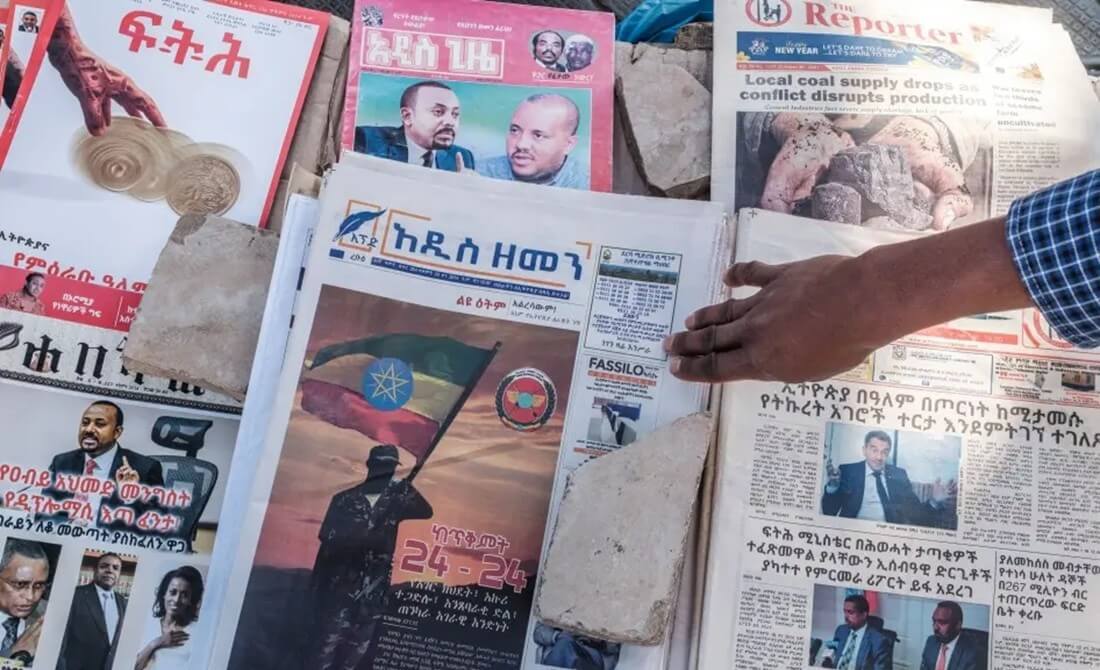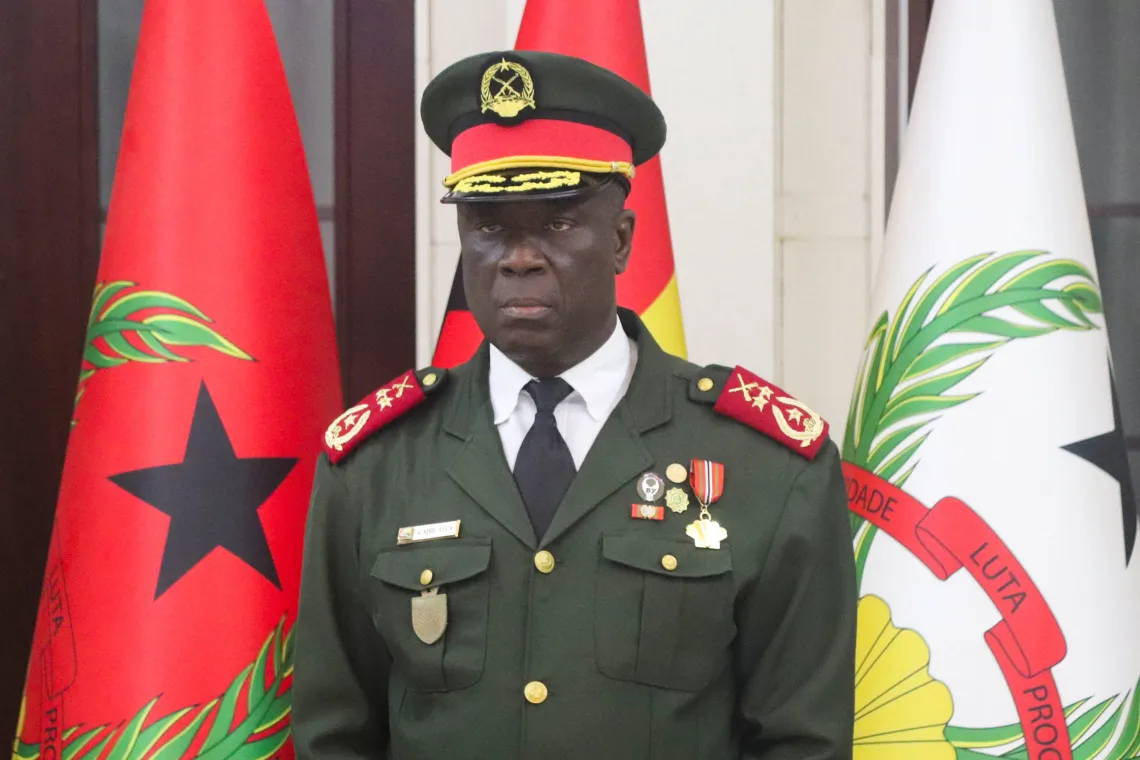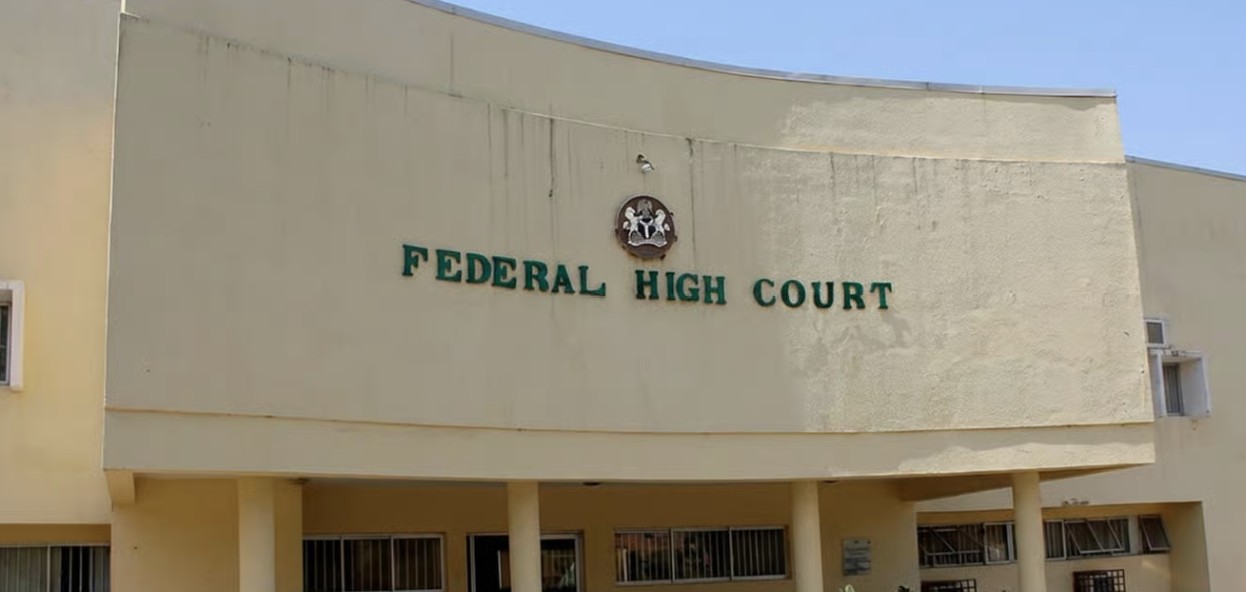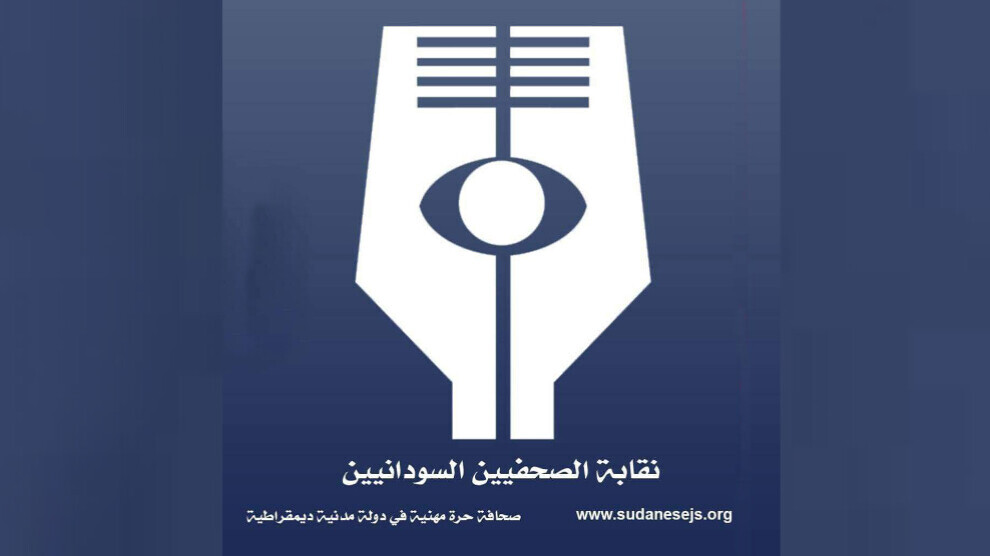
Film Heval Birako Honors Slain Journalist Nazim Daştan
September 22, 2025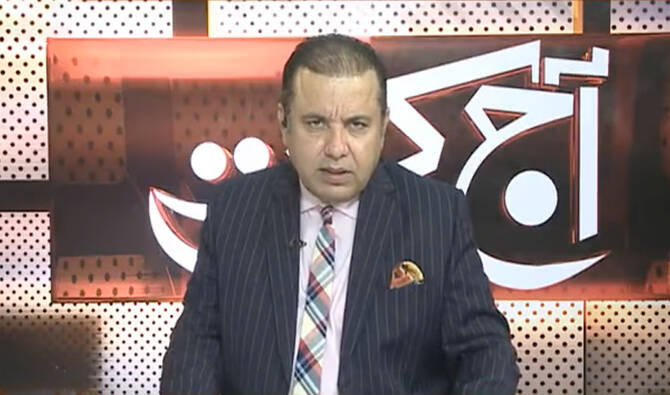
Senior Pakistani Anchor Imtiaz Mir Injured in Targeted Shooting in Karachi
September 22, 2025September 22, 2025 – Ethiopia –
Human Rights Watch (HRW) has expressed deep concern about a recent spike in the arrests of journalists and media workers in Ethiopia, warning that the trend poses a serious threat to press freedom ahead of the 2026 national elections.
Since August 2025, at least six media professionals have been detained—some held without charge or access to legal counsel, others incommunicado. Examples cited include three journalists from Sheger FM (102.1)—Tigist Zerihun, Mintamir Tsegaw, and Eshete Assefa—arrested after a broadcast on health workers. Despite compliance with a directive from the Ethiopian Media Authority to remove the report, arrests followed. Eshete was released the same day; Tigist and Mintamir remain in detention, though they were granted bail on September 17, a decision which the police appealed.
Other instances include the detention of Somali Regional TV journalist Khadar Mohamed Ismail on August 5, who remains jailed without charge; radio host Abdulsemed Mohammed, held incommunicado until August 22; and the senior editor Yonas Amare of The Reporter, who was abducted by masked gunmen for eight days before being released.
HRW’s deputy Africa director, Laetitia Bader, criticized these arrests as part of “renewed efforts by the government to suppress independent reporting” and called for the immediate release of those detained.
Legal changes are also complicating the environment for media and civil society. In April 2025, parliament approved amendments to the 2021 media law that strengthen the power of the prime minister-appointed director general of the Ethiopian Media Authority, weakening oversight and sidelining civil society groups and journalist associations. Proposed revisions to the 2019 civil society law similarly risk broad governmental control over civil society, including media functions, especially around elections.
HRW argues that this pattern of arrests, intimidation, and legislative changes points toward a return to more authoritarian practices that could severely limit freedom of expression and independent journalism as Ethiopia prepares for the 2026 elections.
Reference –

